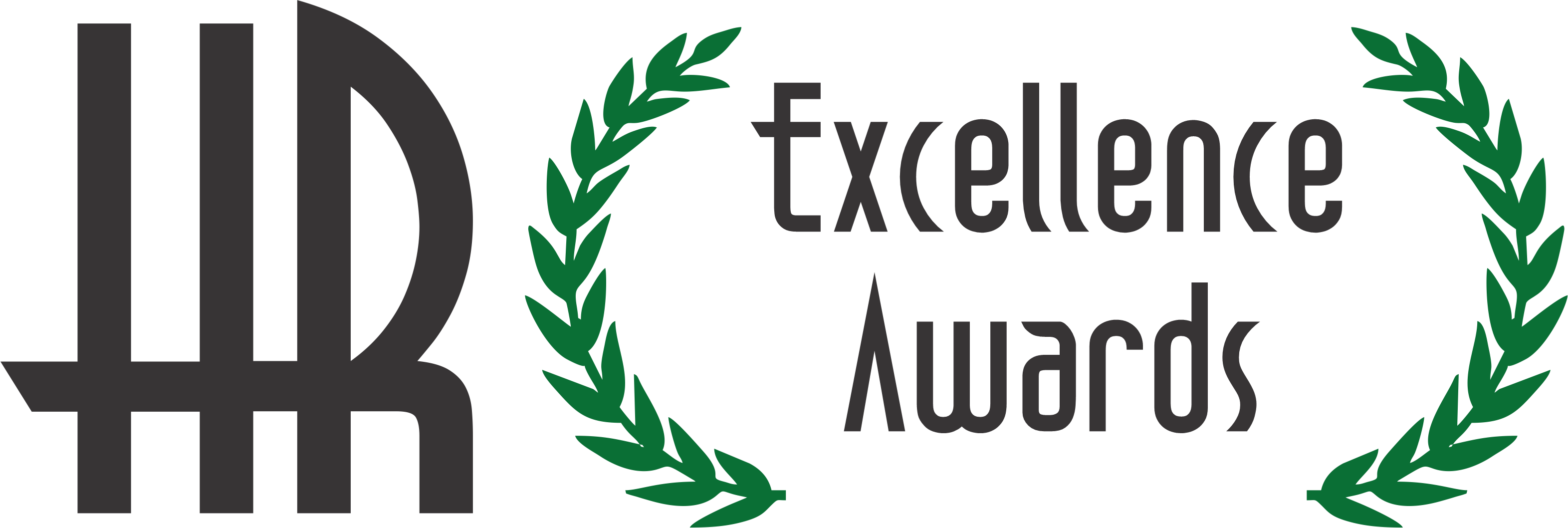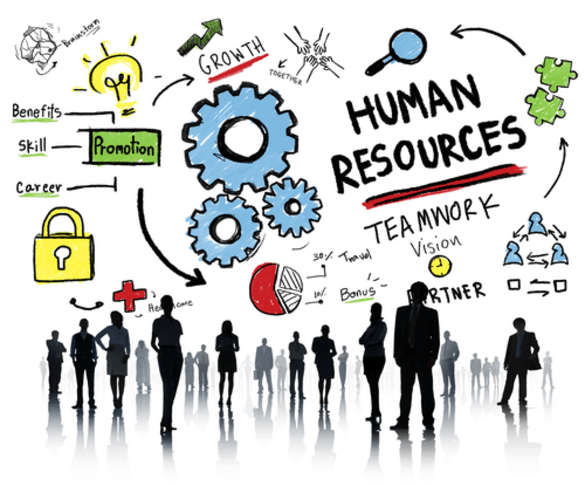No one saw the recession coming- Gordon Ramsay
Very apt to understand that nobody is or can be actually fully ready as we don’t see it coming. This is where and why HR has been more predictive, intuitive and prepared to meet the need of time. It’s wise to PREPARE for worst and sail through difficult times really well than REPAIR after you are already hit by a wave of recession and it’s too late to maintain a break-even.
“Unsurprisingly, like any other function, HR too gets greatly affected by the recession. Mostly organizations freeze or reduce HR budget in various areas like training, employee engagement.”
HR should strategize and define a priority list to meet the need of the organization during these turbulent times. The need to focus on critical business needs should be well understood by HR. HR processes and initiatives that work well during good times of growth often require to be reviewed or replaced altogether when recession strikes. The expectation from HR in this crucial period remains to realign processes to maintain profitability by adopting the most effective ways of using talent and other resources.
Cost-cutting is often the first solution that comes to everybody’s mind. The approach is not wrong but it’s more of a REPAIR than PREPARE strategy. Fortunately and for the right reasons, HR has the opportunity to play a very important and strategic role during recession and they should give their best in ensuring business profitability and at the same time take care of their employees.
HR should be able to adopt 5Ps to handle the impact of recession: Prepared, Proactive, Predictive, Productive and Protective.
- Prepared: Prepared to meet the need of the hour by understanding the future of business and defining the future path for employees.
- Proactive: HR should research and access the needs of the market and be ready for future requirements.
- Predictive: Finding the best possible solution and stage for the current situation is always important but once that is done, HR should quickly start focusing on the future and plan.
- Productive: HR should not only be productive in terms of business profit by cost-cutting but a win-win stage is achieved only when a business grows along with the growth of employees.
- Protective: HR should definitely focus on “H” of HR, which is a talent pool of any organization. HR should protect those values defined by the system, morale of employees and the business.
Terminology wise, “Cost Cutting” has been very smartly replaced by “Cost Optimization” but optimization can become a reality only where there is a short and long plan to support the cause. The only agenda shouldn’t be maintaining the numbers but HR should also, if not primarily then in parallel, think about employee stress and road ahead. So, what should HR be doing? What’s the option left for something unforeseen and unexpected? OPTION always existed, success and failure depend on when we adopt and react.
- Optimize: Have processes in place to optimize cost and other all available resources in line with business needs. HR should be capable of matching available resources with the need, complete talk within defined timelines and still prove to be productive.
- Priorities: In the time of recession, not everything can be at the same level. Few initiatives will have to take a backseat. HR should focus on key issues be it cost optimization, training, Better bottom-line results, reskilling or simply cost-cutting.
- Tactical: Tactical drives strategic. TacticalHR deals with more of the everyday transactional processes and that are important, particularly, in such times.
- Intuitive: Be it hiring, cost optimization or employee training and development- HR should be able to predict the trend with the help of research and data points. Have data as your friend, let it support your plan not rule it.
- Original: Keep the “HUMAN” in Human resources. Take decisions, strategies to meet the need of your organization but don’t miss balancing it with empathy and thoughtfulness. Be responsible for your actions, plans, and authority. Don’t become a superpower machine with no heart. Balance is the key!
- Navigate: Know your business, customers, and resources. Know all strengths and weaknesses. Keeping all this in mind, come up with a roadmap that can help all stakeholders to sustain and win in turbulent phases. Guide them aptly without compromising on ethics and values. Navigate them well!
If HR doesn’t move at the required rate to face and handle recession by adapting, changing, realigning and innovating, it will be left behind and so will be the organization.
Jim Rohn said, “Your life does not get better by CHANCE, it gets better by CHANGE”.
We can’t stop the recession, we can just try to recover but we can predict the future with the help of research and data and be prepared in the best possible manner. The situation then, if not best, will for sure be better than recovery mode. This is the time when HR can play a strategic role and can transform from a service group to a team that creates value.
Talent 2 and Ipsos MORI came together to survey HR professionals in 2009 about how Global Recession is affecting their organizations and their people management strategies and practices.
HR Heads and VPs who participated rated below 4 as highest priorities areas:
- Performance management
- Leadership/ Management Development
- Employee Communication & Engagement
- Talent Management
These as bottom 4 priorities areas:
- Flexible Working
- Raising the HR Capability
- Diversity
- HR outsourcing
After a decade, if we redo the exercise, probably these 4 will find a place in top 4/5
- Proactive Partnering,
- Innovation
- People; Assets vs. Cost
- Growing vs. Cutting
One thing that will always secure a place in the top 4 will be Communication and that’s how it should be.
To handle and win the game during tough times of recession, HR has to find the perfect balance of cost optimization, be neutral and fair to the best possible extent and take care of emotions along with numbers. 5 Ps will do the rest of the magic, if planned well and implemented proactively at the right timekeeping OPTION model in mind. You may not get the opportunity to launch all great initiatives and plans &maybe that’s feasible in a way, most of the times solution is in just being PREPARED AND READY in a required, different and innovative way! The choice is HRs; the impact of the recession will be on the basis of HR’s actions. HR can PREPARE & PREVENT or REPAIR & REPENT.
Very aptly quoted by John C. Maxwell, “It’s better to prepare than to repair.”



